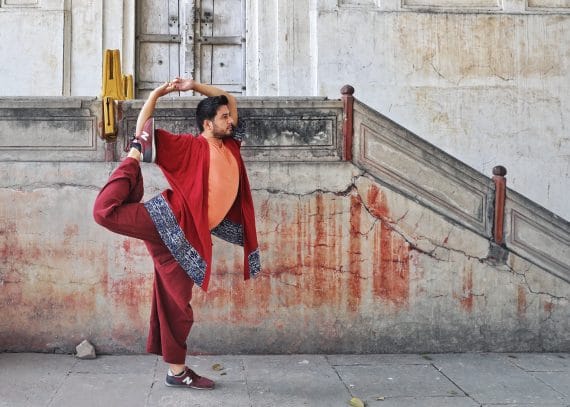Bhagavad Gita Part 2
45- The Vedas deal with three attributes; Be above these Guna’s (three attributes). Arjuna, be full of the “self”; beyond the duality of contrasts, determined on purity, without giving value to possessions.
-trai-guṇya-viṣhayā vedā nistrai-guṇyo bhavārjuna
nirdvandvo nitya-sattva-stho niryoga-kṣhema ātmavān
Stay above the three Gunas (attributes); Sattva, Rajas and Tamas. The attributes degrade you from your self-state. You must reject the things that teachings offer for the material world. No practice should aim for winning the material world.
Duality, leaves in between two extremes. However, what is wrong or what is right is only a coincidence. Coincidence; it is an indefinite, changeable cause of events that are thought to be only due to probabilities. Just as Arjuna in the Bhagavad Gita is suspicious of Dharma by considering the rights and wrongs, when the person is in duality, his feelings as a result of sensory perception blur his mind like a mud. He cannot find towards where or towards what to move.
The pure one is eternal. The person must be committed to the path to eternity, to his own “self”. Just like the arrow coming out of the bow, it must move towards the target. The result is the product of the process. The process should be purified by practice. The teaching is the bow, the practice is the right hand that draws the bow, the 5 elements are the left hand that anchors the bow, the person is the arrow and the target is the self. When the Yogi builds the teaching (the bow) on the 5 elements of the practice (the left hand), and when he practices the teaching, when he draws the bow with the right hand, as a result of this he undoubtedly reaches his own self. The process is what takes the yogi to his self.
I would like to emphasize the last part of this passage; “without giving value to possessions”. I’ll explain this with a simple example. Let’s say you love tea. There is a cup of tea in front of you. You do not want to finish it right away. When you wait for a little while, it gets cold and slowly it starts to lose its qualities. If you don’t drink it for one whole day and keep it waiting, it becomes stale. You’d probably prefer a new cup of tea now. If you wait a couple of more days, new lives will be formed, organisms begin to multiply in tea. So it’s no longer drinkable. Because tea, no matter how much you value it, it doesn’t go to waste like any other thing else in life, if it’s not used by you, it starts to turn into something else. This applies to all existence.
The human is not his body; the body is his tool. The human is not his mind, intellect, ego or his chitta. These are all tools.
As Bhagavad Gita said, “Do not value what you have”. Otherwise you cannot even drink your tea. You would want to keep it. Just as a man valued what he called “I”. They are like “personas/personalities” created by collecting things that you call as “I”, instead of using them as vehicles. It’s like giving to much value to the body and avoiding any movements and challenges and as a result getting stuck with a burdensome body. Just like the attitudes produced by memory by avoiding the use of his mind. These things you’ve been given are for usage, not for keeping by seeing them worthwhile.
This doesn’t mean that these things you have are worthless. This means the things you own and you do not own have the same value.

